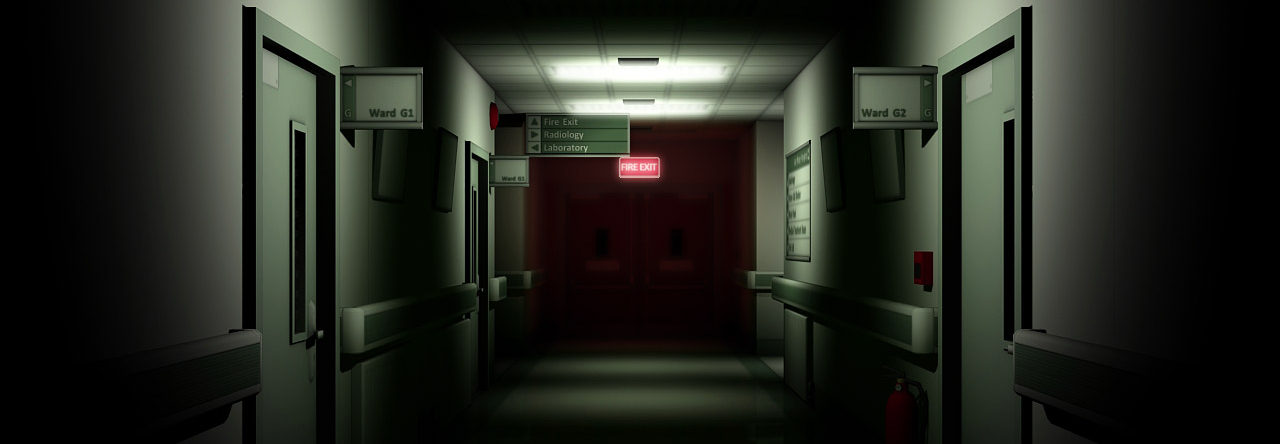
Writing yesterday’s post was tough. I always feel a little gross about airing dirty laundry in public, but sometimes it has to be done. It’s not pretty, but it’s real—and the changes over the last two years, hell even since 2012, have been nothing short of monumental. I hate to misuse that word, but that’s what it feels like: tectonic shifts under my feet.
Change is rough. Like, teeth-grinding, wall-punching rough. I think one of the biggest reasons we fight it—even when we know the situation is bad—is because we’ve already invested so much energy into it. We’d rather keep slamming our heads against a wall than admit it’s time to stop. Pride. Ego. PTSD. Call it what you want. The worst part of PTSD, if there’s such a thing as a “best” or “worst” part, is this obsessive drive to fix everything. The failure—or even the thought of failing—makes you double down, even if you’re sprinting toward a brick wall.
In my time, Russia was still called the Soviet Union. One of the smartest pieces of military doctrine I ever learned came from them: “Do not reinforce defeat.” If you hit a wall and you’re getting crushed, don’t keep throwing more resources into it. Shift tactics. Change the damn plan. Even Einstein supposedly said, “Insanity is doing the same thing over and over and expecting a different result.”
Changing Professions (or: “The Wall Always Wins”)
I’ve only technically changed professions three times—maybe four, depending how you count it.
1. Army to Civilian Life: That was the first big one. I served for almost 15 years. Changed units, but never the mission. I liked the job. I felt at home in it. But PTSD doesn’t care about how good you are at your job. It crept up slowly until it hit hard. I was on a special duty assignment when things came to a head and I ended up spending almost six weeks in a psychiatric unit at what was then Fort Lewis.
I did the whole daily therapy routine—psychiatrist, psychologist, check-ins. Meanwhile, my command wasn’t worried about me so much as the mess my absence left. When I talked to the doc about it, he said something I’ll never forget:
“I’m not going to try to stop you from continuing your career, but maybe this is a catalyst for change.”
At the time, that felt like betrayal. I was supposed to be a career guy. But eventually I realized something important: sometimes you hit a wall not because you failed, but because it’s the universe’s way of screaming, “Wrong direction, dumbass!”
2. Civilian to Nurse: That was a cultural shift of massive proportions. Going from the structured chaos of the military to the… different kind of chaos in healthcare? That’s whiplash. There’s a reason they strip you down and reprogram you in basic training—it’s how they create discipline and cohesion. But when you leave? Nobody deprograms you. You’re left to figure it out in a world that doesn’t run on chain-of-command or SOPs. Culture shock doesn’t even begin to cover it.
3. Bedside to Nurse Practitioner: This felt like a natural progression. I went from CNA to RN to NP, so yeah, it was technically new, but it was all still within the same chaotic ecosystem. The main difference was the scope—and the pressure.
4. To Now: Retirement (aka, “WTF Do I Do With Myself Now?”)
This one was forced. Not by a single decision, but by burnout, trauma, grief, and a body that started saying, “We’re done here.” I didn’t want to stop. But change isn’t about what we want. It’s about what we have to do.
As a friend told me recently: “It’s different, but it doesn’t suck.”
That’s the thing about change. We resist it because we know the devil we’re dealing with, and the unknown is terrifying. But resisting the inevitable only makes it hurt worse.
I didn’t change because I was brave. I changed because I had to. Because staying meant dying—maybe slowly, maybe not so slowly. So I walked into the unknown. Kicking. Screaming. Occasionally swearing at the sky.
And I survived.
More on that in part two.
No matter how intense things get—be the person your dog and your mom hope you are.

